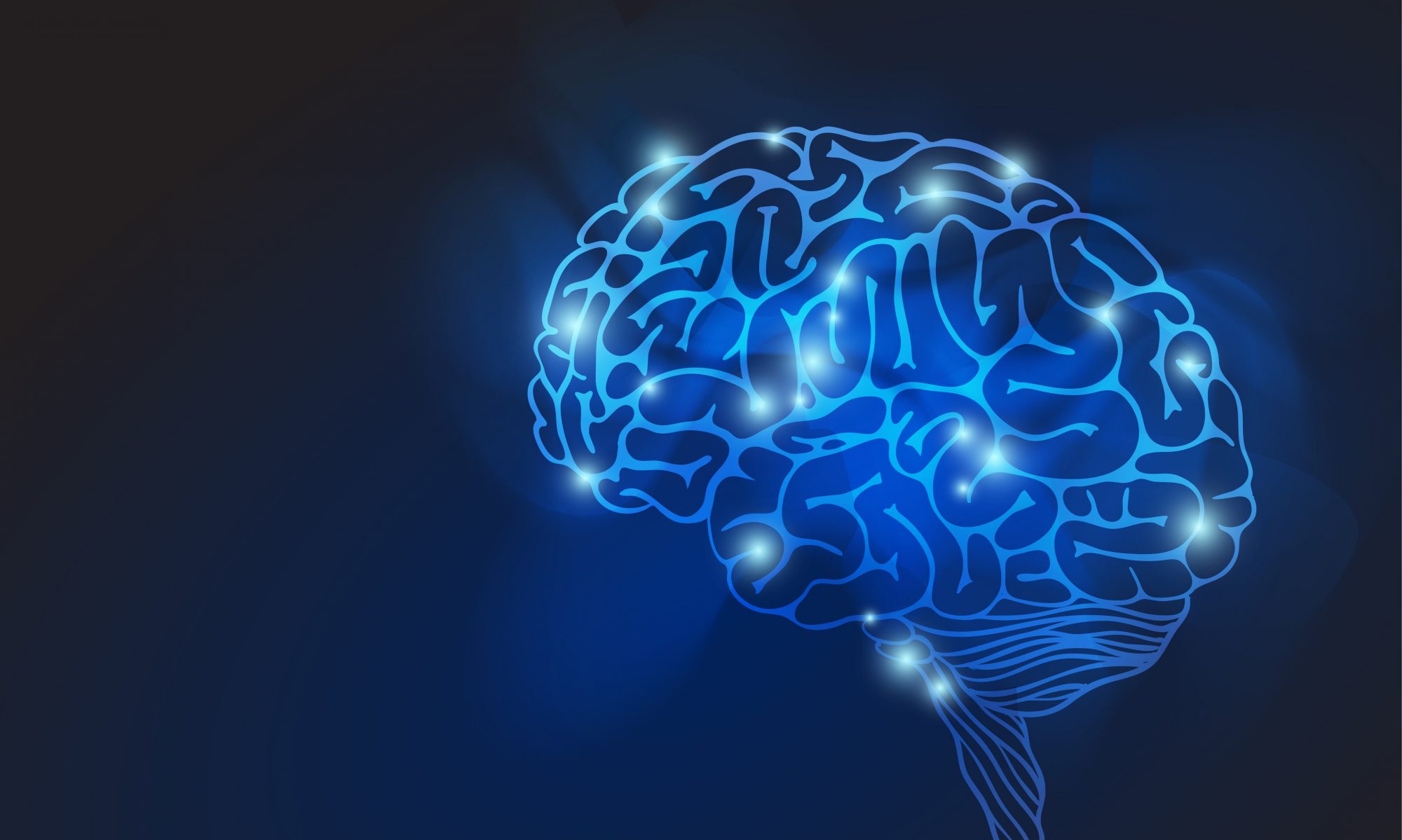Our trainees review webinars in their given fields and share abstracts to help colleagues outside their discipline make an informed choice about watching them. As our program bridges diverse disciplines, these abstracts are beneficial for our own group in helping one another gain key knowledge in each other’s fields. We are happy to share these here for anyone else who may find them helpful.
Circadian Rhythms and Bipolar Disorder
Dr. Colleen Ann McClung
April 10, 2019
Brain & Behavior Research Foundation: Meet the Scientist Webinar Series
This webinar given by Dr. Colleen Ann McClung presents the current understanding of the link between circadian rhythms and mood disorders. Bipolar disorder is characterized as an episodic disorder cycling between times of mania and depression. This disorder equally affects men and women beginning around the age of 25, and is seen in 2-4% of the population. While bipolar disorder can have environmental causes, as many as 90% of people have a family history of mental disorder. It is known that people with psychiatric disorders can have abnormal circadian rhythms, as these diseases are associated with major disruptions in sleep and activity. Depression is known to be worse in the morning, and changes in schedules can precipitate manic episodes.
Our body’s rhythms are regulated by the suprachiasmatic nucleus (SCN), the area of the brain that synchronizes all other cells and tissues. This synchronization occurs by clock genes that act in a transcriptional-translational feedback loop that cycles every 24 hours. Abnormality in these clock genes are seen in mood disorders, but pharmacological treatments can restore normal rhythms in patients.
Dr. McClung’s research focuses on investigating the effects of pharmacological interventions in mice. She specifically works with a CLOCK mutant model that has abnormal circadian rhythms and approximates the symptoms of bipolar disorder. Her work has shown that lithium and valproic acid treatments are able to lessen symptom behavior through modulating the dopaminergic system, much like the mechanism of antipsychotics. These drugs also help to restore and resynchronize circadian rhythms. She notes that many treatments for mood disorders affect the circadian clock, such as light therapy, social rhythm therapy, and SSRIs.
This seminar concludes by emphasizing the importance of keeping circadian rhythms in mind when treating and researching psychiatric disorders. Stabilizing and amplifying the circadian clock should be a therapeutic target for the treatment of bipolar disorder, and further research into the mechanism of our body’s clock could allow for the creation of new drugs with fewer side effects. Overall, Dr. McClung gives a wonderful lecture that is easily accessible to scientists in many backgrounds by connecting basic animal research to real-world clinical outcomes.


